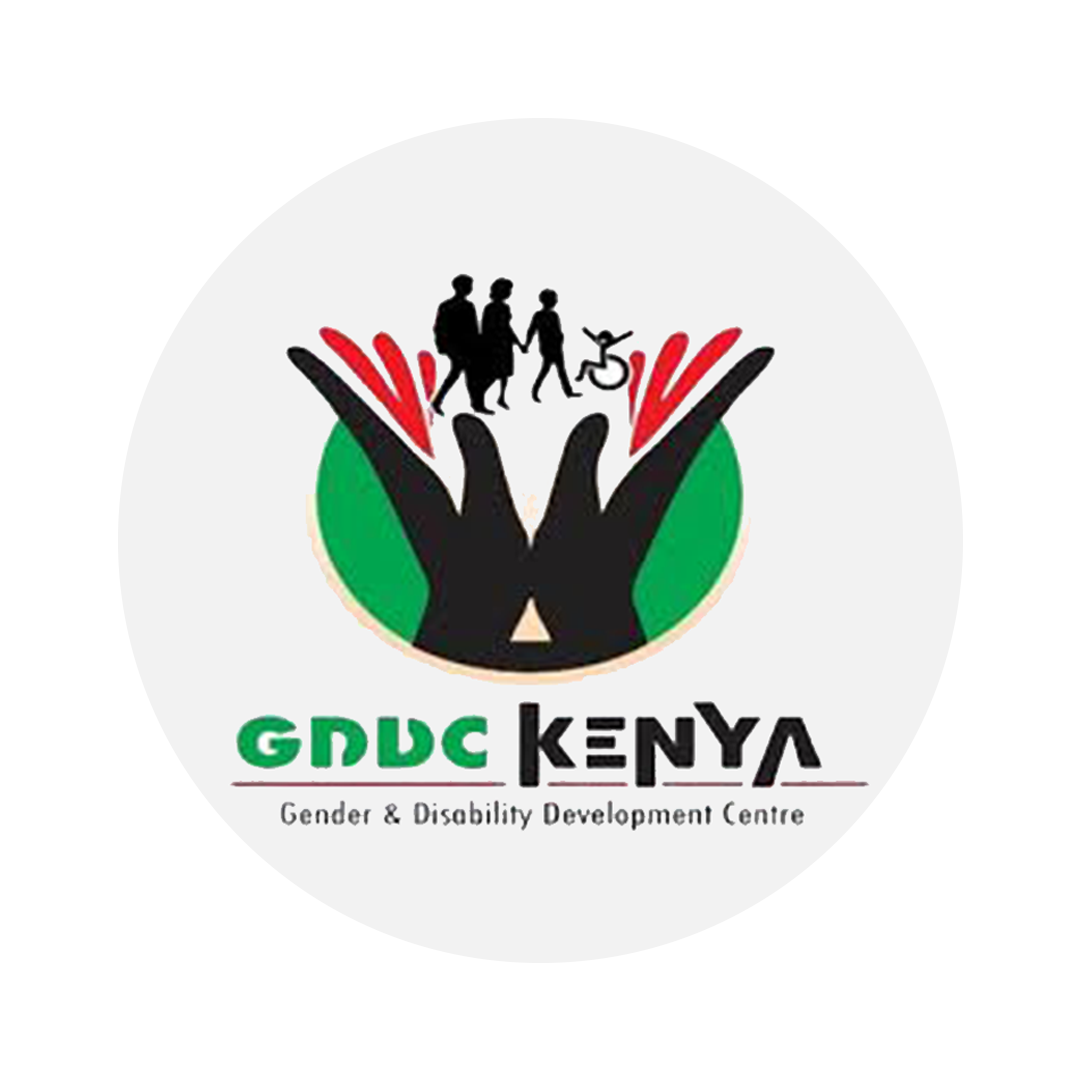

Join GDDC in enhancing the capacity of County and National Government officers to mainstream gender in devolved governance through the Second Kenya Devolution Support Program (KDSP).
GDDC proposes a two-phase Gender Training under the KDSP, aimed at strengthening the capacity of government officers in gender mainstreaming for effective governance.
This phase focuses on training 65 officers from the 47 counties and the national team. The ToTs will cascade the training to County Program Implementation Unit (CPIU) members across the country.
In Phase 2, the trained ToTs will facilitate gender mainstreaming workshops in all 47 counties, providing tailored training based on the local context.
County Governments are invited to participate in this transformative training program. To request a quotation and more details, please email us at info@gddckenya.org.
The training will empower County officers to effectively integrate gender in development planning, budgeting, and implementation. It will also enhance understanding of gender-responsive governance, equip officers with practical skills, and promote accountability for gender equality in devolution processes.